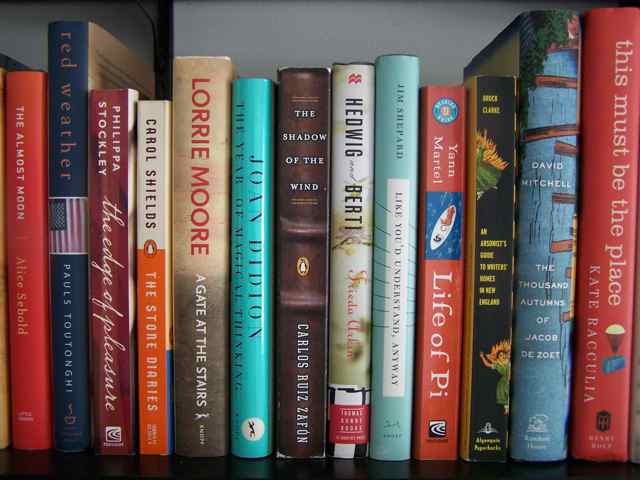 Being Mortal by Atul Gawande is a short book that everyone should read. The author writes not only with an expertise in medicine (surgery) — as a doctor who has talked with many patients over the years — but from personal experience with family and family friends.
Being Mortal by Atul Gawande is a short book that everyone should read. The author writes not only with an expertise in medicine (surgery) — as a doctor who has talked with many patients over the years — but from personal experience with family and family friends.
The awful choices that people face when given a terminal diagnosis are much more tragic when the sick person is young. The author acknowledges this, but the main focus of the book is on people who, with advancing age, are faced with choices (both for themselves and for loved ones) between what all appear to be poor options (because returning to an earlier state of health and vigor — the only really good option — isn’t an option.) Dying is a sad time, even if the dying person is 100 years old, but medical professionals’ approaches to dying tend to be institutionalized or textbook (doctor/patient), rather than time-consumingly tailored to the needs and desires of an individual who is sick or whose body is wearing out.
An excerpt from the middle of Being Mortal:
“The simple view is that medicine exists to fight death and disease, and that is, of course, its most basic task. Death is the enemy. But the enemy has superior forces. Eventually, it wins. And in a war that you cannot win, you don’t want a general who fights to the point of total annihilation. You don’t want Custer. You want Robert E. Lee, someone who knows how to fight for territory that can be won and how to surrender it when it can’t, someone who understands that the damage is greatest if all you do is battle to the bitter end.
More often, these days, medicine seems to supply neither Custers nor Lees. We are increasingly the generals who march the soldiers onward, saying all the while, ‘You let me know when you want to stop.’ All-out treatment, we tell the incurably ill, is a train you can get off at any time — just say when. But for most patients and their families we are asking too much. They remain riven by doubt and fear and desperation; some are deluded by a fantasy of what medical science can achieve. Our responsibility, in medicine, is to deal with human beings as they are. People die only once. They have no experience to draw on. They need doctors and nurses who are willing to have the hard discussions and say what they have seen, who will help people prepare for what is to come — and escape a warehoused oblivion that few really want.” — Being Mortal, by Atul Gawande
Being Mortal is about
how to figure out what is most important to an individual at the end; how perspectives change and continue to change as the end of life approaches;
how medical professionals can help patients make decisions when available treatments don’t exist yet, are risky, or have already failed;
how to talk with each other about what we value most;
and, most of all, how to listen to what patients and loved ones are trying to tell us.
If you like authors like Oliver Sacks, Mary Roach, and Jane Gross, who combine science with memoir in their writing, or if you like heart-piercing memoirs like When Breath Becomes Air by Paul Kalanithi or New Life, No Instructions by Gail Caldwell, then you will probably like Being Mortal, portions of which were previously published in The New Yorker.
Being Mortal
Gawande, Atul
Henry Holt, 2014
9780805095159
304pp.
$26.00
Disclosure: I borrowed this book through the public library. It had been read many times and was already water-damaged when I received it. (Honest!)
